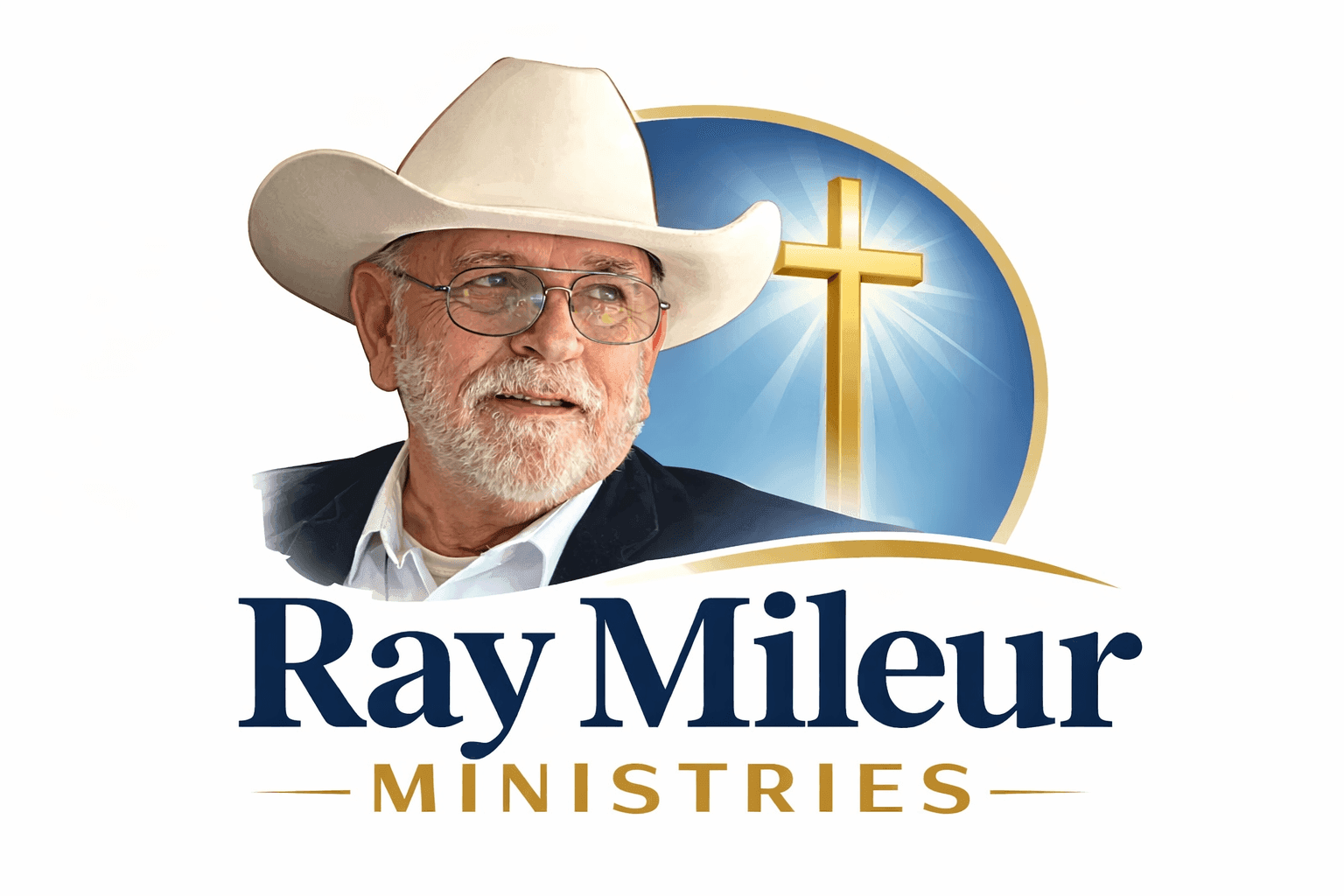A Journey through the Book of Psalms
Psalm chapters 9 & 10
Conflicts, trials, and temptations. King David experienced them all and became our example of responding to difficult circumstances. As you read these two chapters, think about your own adversities.
In Psalms 9, David proclaims his gratefulness to the Lord. “I will praise You.” “I will tell of Your marvelous works.” “I will be glad and rejoice in You.” “I will sing praise to Your Name.” vs 1,2
His praise springs out of God’s past faithfulness. “You have maintained my cause.” “You have rebuked the nations.” “You have destroyed the wicked.” “You have blotted out their name forever.” “You have not forsaken those who seek You.” Vs 4,5
David’s confidence for his future is rooted in God Himself. He prophesizes, “You shall endure forever.” You shall judge the world in righteousness.” “You shall administer judgment.” “You will be a refuge for the oppressed.” Vs 7-10
Why does he praise the Lord? So that everyone will know who his God is and what He does.
For God’s people, David’s praise is evangelistic. I “declare His deeds among the people… so that I may tell of all Your praise in the gates of Zion.” Vs 11, 14
For their enemies, his praise predicts their fate. “… all the nations that forget God are snared by the works of their hands and will be turned into hell. Vs 16-17. David’s praise warns them so that they will know “they are mere men,” and that the Lord is over all. Vs 19,20.
In the early Greek and Latin, Psalms nine and ten were one Psalm. Both chapters address David’s response to adversity. In chapter nine, he reacts to trouble by praising God and in chapter ten, he prays in despair.
When he sees the ways of the wicked, he allows his feelings to overshadow his trust in God. As David puts voice to his emotions, his previous praise, “You have not forsaken those who seek You.” turns into “Why do You stand afar off, O Lord? Why do you hide in times of trouble?” Ps 10:1
After thirteen verses of anguished prayer, David remembers the Lord and returns to praise.
Like David, our emotions teeter-totter with our faith, depending on the day or circumstance. And Like David, we flip between praise and prayer. The difference between the two is in what we talk about.
When we praise, we talk about the Lord, what He has done in the past, what He’s doing now, and what He will do in the future. Praise feeds our faith.
When we pray, we talk about ourselves and what we want Him to do for us. The enemy brings circumstances to separate us from God and uses shame to stop our conversations with the Lord. But our Father already knows all about it and wants us to come to Him with everything. Prayer feeds our relationship.
Keep talking!
